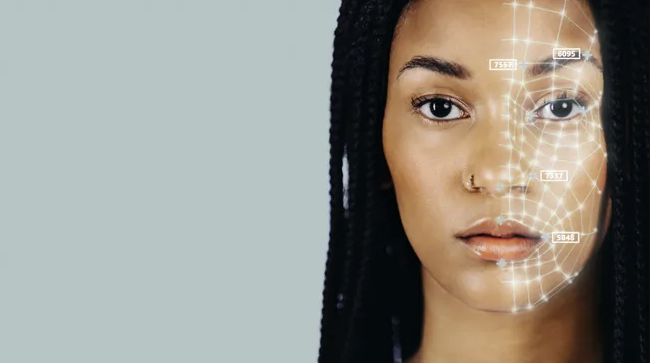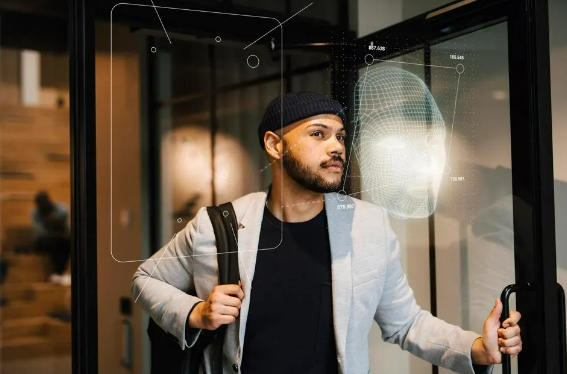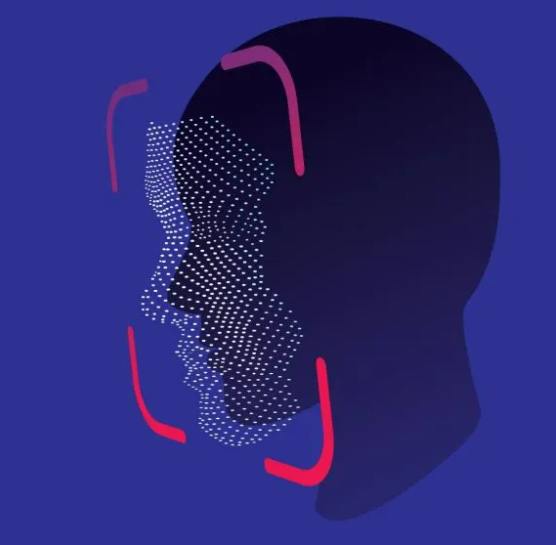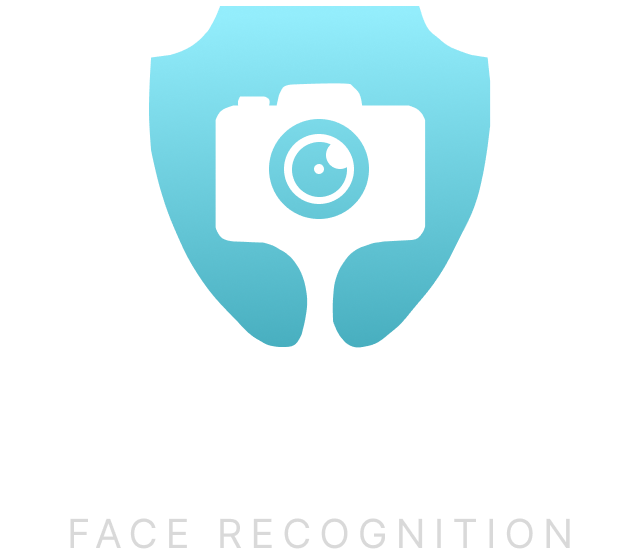Articles

Embracing The Power Of Recognition: A Catalyst For Transformation In Work And Life
“Embracing the Power of Recognition” by Dr. Lisa Hale explores how genuine acknowledgment goes beyond boosting morale—it ignites motivation and fosters belonging. Through anecdotes and research, it highlights the transformative potential of recognition in both personal and professional spheres. Drawing parallels between sports and workplace dynamics, the article advocates for embedding a culture of appreciation within organizations.

Facial recognition to play key role in UK shoplifting crackdown
Sebastian Klovig Skelton delves into the UK government’s proposal to allocate £55 million towards expanding police use of facial recognition technology (FRT) in a bid to address shoplifting and violence against retail staff.

The pros and cons of facial recognition technology
David Gargaro’s article explores the pervasive presence of facial recognition technology (FRT) in various facets of modern life and examines its pros and cons. While FRT offers benefits such as enhanced security, convenience, and efficiency, it also raises significant concerns regarding privacy, accuracy, surveillance, and regulatory oversight.

14 Intriguing New And Potential Uses For Facial Recognition Technology
Many consumers interact with facial recognition technology each day when they unlock their iPhones. Before being added to smartphones, facial recognition technology—which uses biometric data to identify individuals based on their unique facial features—was applied in security and law enforcement. Now, it’s expanding into other sectors and finding new uses.

Rewards of Facial Recognition Tech in Office Buildings
Offices have been integrating much more technology over the last several years, especially as a way to bring people back after the pandemic. One of the most advanced technologies that is being deployed is facial recognition. Facial recognition is being used as a type of biometric key, one that can grant access to doors and dispatch the proper elevators.

Facial Recognition Is Everywhere. Here’s What We Can Do About It
Facial recognition—the software that maps, analyzes, and then confirms the identity of a face in a photograph or video—is one of the most powerful surveillance tools ever made. While many people interact with facial recognition merely as a way to unlock their phones or sort their photos, how companies and governments use it will have a far greater impact on people’s lives.
